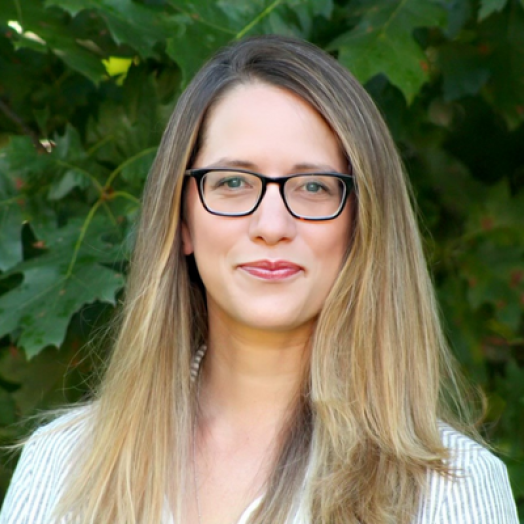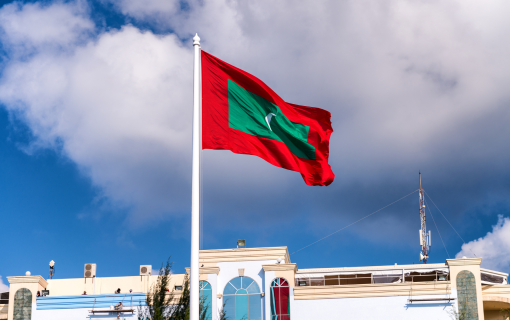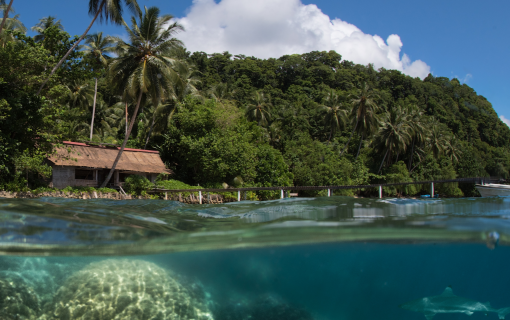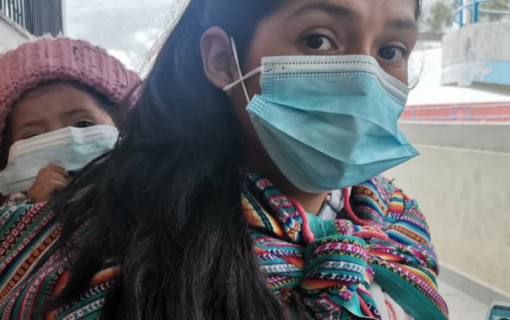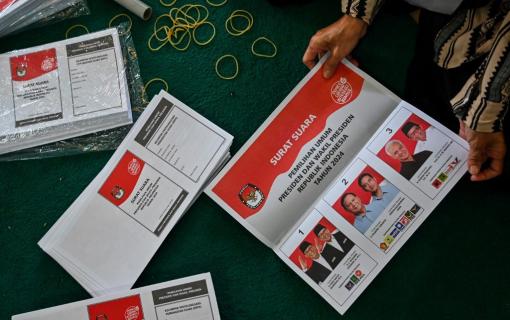
IFES' Approach to Supporting Indigenous Political Rights
The International Foundation for Electoral Systems (IFES) promotes equal rights, justice and inclusion for indigenous peoples, grounded in general instruments of international public law, such as the International Convention on Civil and Political Rights, as well as in the specific principles found in the United Nations Declaration on the Rights of Indigenous Peoples (UNDRIP). The UNDRIP asserts indigenous peoples' rights to maintain and strengthen their distinct political, legal, economic, social and cultural institutions. States are asked to support these rights in a manner consistent with international human rights law and the requirements of a democratic society. In the area of elections, contradictions between these objectives often can, and do, occur.
To better inform policy discussions, IFES facilitates comparative research and dialogue on challenges and innovation in elections and the rights of indigenous peoples. IFES also assists countries to meet UNDRIP standards by holding inclusive national and local elections that respect language and traditional political institutions and practices.
Indonesia
IFES-supported research in Indonesia demonstrates the potential impact of our targeted programming. In 2017, IFES Indonesia partner Perludem conducted research on the controversial Noken-based voting system, a traditional system of communal voting used in Papuan communities through appointed village representatives. The research project aimed to identify recommendations for national and regional election officials to reduce the risk of electoral violence in future elections, a consequence of the system in some locations. Based on its findings, Perludem made several recommendations to the General Election Commission to develop stronger election legislation that can ensure the accessibility, transparency, privacy and accountability of the voting process for all in a context-appropriate manner.
Two recent IFES election assessments also addressed the rights of indigenous persons in electoral processes in Mexico and Canada.
Mexico
Around the 2018 general elections in Mexico, IFES deployed two assessment missions, pre- and post-election, to examine electoral justice processes. Assessment findings indicate that the Mexican electoral institutions – the National Electoral Institute (INE) and the Federal Electoral Tribunal of the Judicial Branch (TEPJF) – are progressive in interpreting international principles and constitutional protections to facilitate access to the political process for indigenous communities that have historically faced barriers to participation.
The IFES assessment team undertook research and analysis of several recent TEPJF cases that have ruled on the rights and obligations of citizens to stand for election and found that both the INE and TEPJF are actively engaged in protecting indigenous political rights. Specifically, the Superior Chamber has ruled that the INE guideline requiring nomination of indigenous persons was justified, given the historical exclusion of indigenous persons in mainstream political parties, and was necessary to mitigate barriers that indigenous persons faced in accessing political office. The TEPJF has also undertaken institutional reforms to support the protection of indigenous rights, including by establishing an Electoral Public Defender’s Office for Native Peoples and Indigenous Communities.
Canada
In April 2016, Elections Saskatchewan invited IFES to observe voting in new polling stations on First Nations reserves during provincial elections. IFES’ observation focused on whether First Nations voters were able to cast their votes in a manner consistent with international standards, as well as whether voters had access to materials in their preferred language and whether any voting procedure irregularities were observed. The assessment found several progressive interventions at the polls, including measures to reduce barriers to voting for First Nations members without government-issued identification, the establishment of polling stations in accessible community spaces, and the selection of poll workers from among the local community to ensure accuracy of the enumeration lists and to provide support to voters where needed. Elections Saskatchewan has invited IFES to return for the next election to conduct focus groups and provide a comparative perspective on the progress made on supporting First Nations voting rights.
Thought Leadership
In December 2018, IFES Senior Director of the Center for Applied Research and Learning Chad Vickery facilitated an “International Perspectives on Indigenous Political Participation” panel discussion at the Carter Center’s conference on “Native American Participation in United States Elections.” The conference convened members of the Native American Voting Rights Coalition, election administrators, policymakers, advocates and election practitioners to consider barriers to Native American participation in United States elections. In the panel he facilitated, Vickery shared IFES’ approach to supporting the rights of indigenous communities, as well as lessons and findings from IFES’ global research on indigenous participation in election processes.
Continued Commitment to Supporting Indigenous Political and Electoral Participation
Globally, indigenous people have struggled to gain recognition and affirmation of their identities as distinct peoples. This distinct identity and right to develop and maintain their own political systems, however, should not preclude indigenous peoples’ participation in larger national political processes. Where cultural, legal, educational, informational or logistical barriers inhibit indigenous peoples’ participation in national political processes, IFES is committed to working with representatives of indigenous communities, nongovernmental organizations, academics and state officials to identify and address these obstacles.





